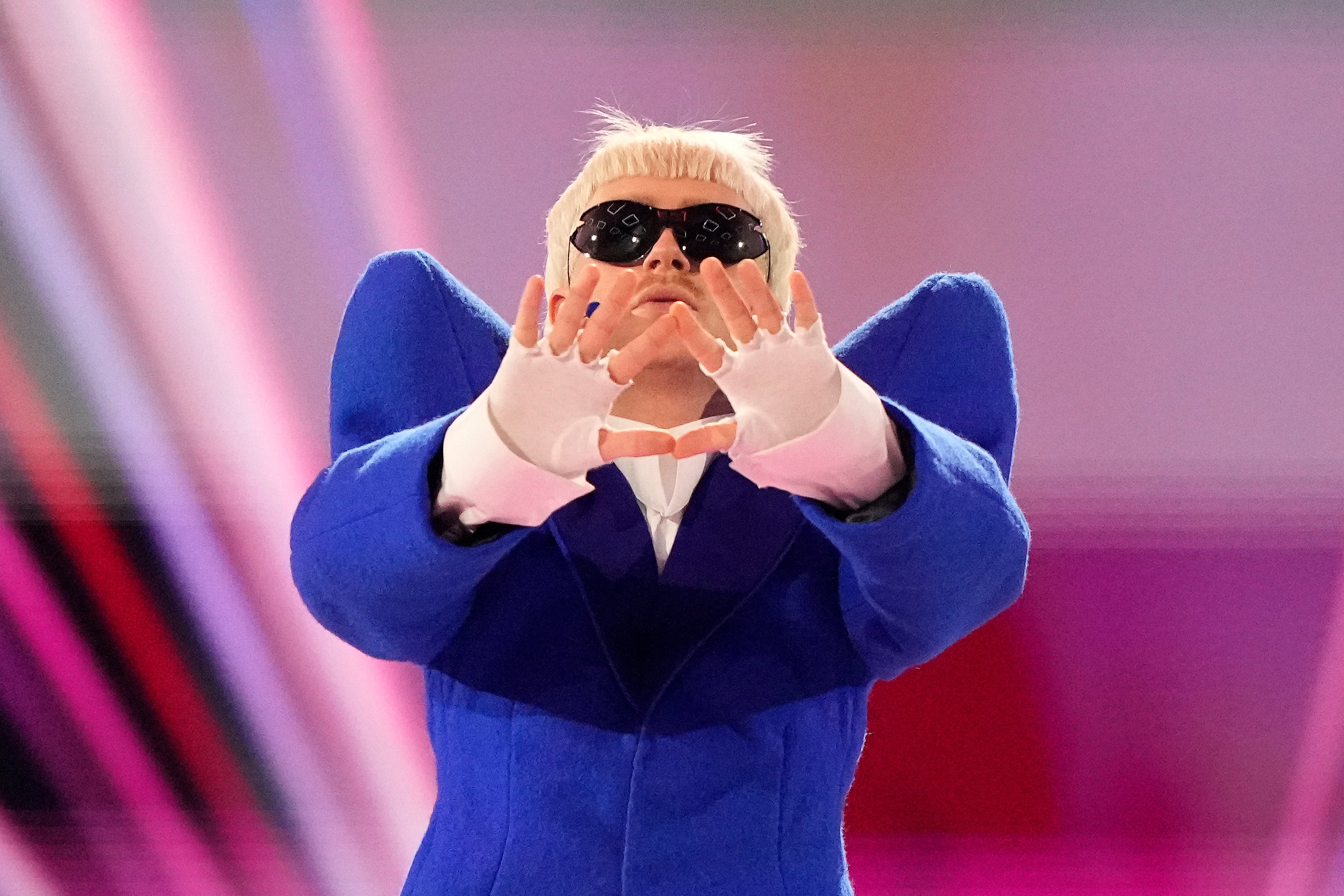Eurovision 2024 disqualifies Netherlands contestant Joost after ‘incident’
‘It would not be appropriate for him to continue,’ organisers said
Your support helps us to tell the story
From reproductive rights to climate change to Big Tech, The Independent is on the ground when the story is developing. Whether it's investigating the financials of Elon Musk's pro-Trump PAC or producing our latest documentary, 'The A Word', which shines a light on the American women fighting for reproductive rights, we know how important it is to parse out the facts from the messaging.
At such a critical moment in US history, we need reporters on the ground. Your donation allows us to keep sending journalists to speak to both sides of the story.
The Independent is trusted by Americans across the entire political spectrum. And unlike many other quality news outlets, we choose not to lock Americans out of our reporting and analysis with paywalls. We believe quality journalism should be available to everyone, paid for by those who can afford it.
Your support makes all the difference.Netherlands has been disqualified from the Eurovision Song Contest after an “incident” involving contestant Joost Klein.
The news was announced hours before the annual event’s grand final, which took place in Sweden on Saturday (11 May).
Organising body, the European Broadcasting Union (EBU), released a statement that read: “The Dutch artist Joost Klein will not be competing in the Grand Final of this year’s Eurovision Song Contest.”
However, Netherlands said the decision was “disproportionate” in a statement that shed light on what went down behind-the-scenes.
Klein’s disqualification follows a Swedish police investigation into a complaint of inappropriate behaviour made by a female member of the production crew, which occurred after Thursday’s semi-final.
“While the legal process takes its course, it would not be appropriate for him to continue in the contest,” the EBU said.
“We would like to make it clear that, contrary to some media reports and social media speculation, this incident did not involve any other performer or delegation member.
“We maintain a zero-tolerance policy towards inappropriate behaviour at our event and are committed to providing a safe and secure working environment for all staff at the contest.
“In light of this, Joost Klein’s behaviour towards a team member is deemed in breach of contest rules.
The organisers revealed that the grand final “will proceed with 25 participating songs”, rather than 26.

This year’s contest already faced controversy amid calls for a boycott over Israel’s participation.
Ahead of the second semi-final on 9 May, thousands of pro-Palestinian demonstrators took to the streets in Malmö, Sweden, where this year’s contest is being held, to protest against Israel’s participation.
UK entrant, Olly Alexander, found himself the source of an open letter as the controversy intensified, with many urging him to withdraw from performing in protest against the country’s ongoing war on Gaza.
The pop singer, who said he felt “sad and distressed” by the row, responded to the open letter signed by Queers for Palestine, a collective of more than 450 queer artists, individuals and organisations, saying his performance would go ahead.
When asked by The Times if the controversy had tarred his Eurovision experience, Alexander tearfully replied: “Obviously there are a lot of things I wish were different. And this is so much bigger than me and Eurovision, it really is.”
